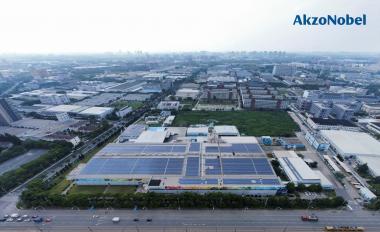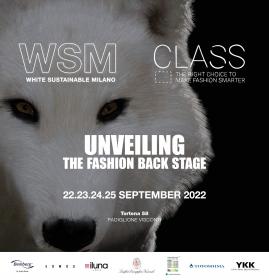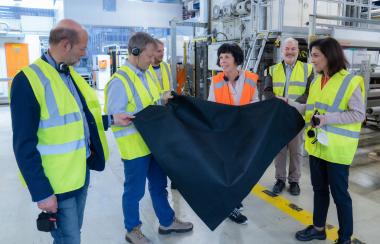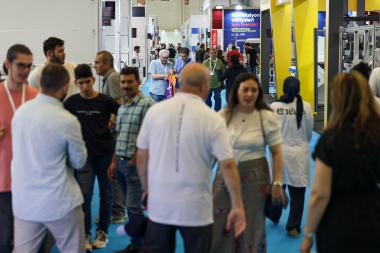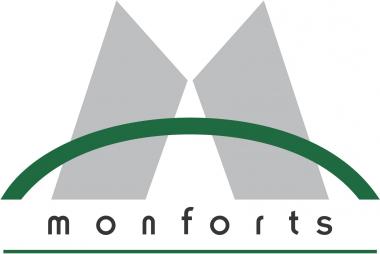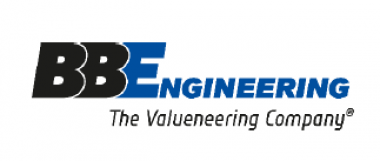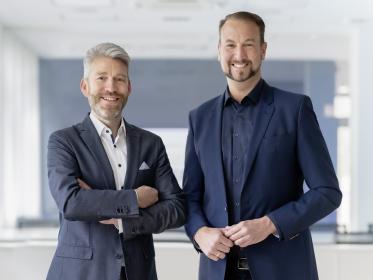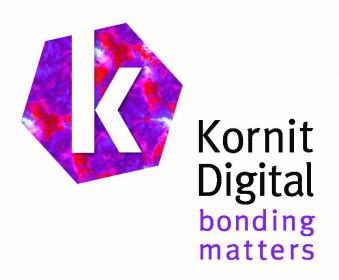AkzoNobel on schedule with warehousing base in China
A huge logistics hub which is set to become AkzoNobel’s largest warehousing base in China is on course to be completed by the middle of 2023.
Located at the company’s decorative paints site in Songjiang, Shanghai, the new €10.3 million facility – a nerve center for production, storage and transport – will use intelligent digital technologies and advanced security management to customize storage and operation modes for different product categories.
“Eastern China is a strategically important region for us and the new facility will ensure that we’re well placed to meet the steady growth in demand which is expected over the next ten years,” says Mark Kwok, AkzoNobel’s President of China/North Asia and Business Director for Decorative Paints China/North Asia.
Equipped with a heat-insulating and light-permeable roof – along with nearly 5,000 solar panels that will generate 1.6 million kWh of electricity – the new facility will collect clean energy and use it for warehouse and office lighting, as well as charging forklifts.
The use of clean energy, logistics optimization and the automation of warehouse operations will make an important contribution to the company’s ambition of cutting carbon emissions by 50% and moving to 100% renewable electricity by 2030.
Earlier this year, AkzoNobel also announced that it was investing in a new production line for water-based texture paints in Songjiang. The new 2,500 square meter plant will boost capacity for producing Dulux products for various markets.
The new warehousing facility is scheduled for completion in May 2023.


